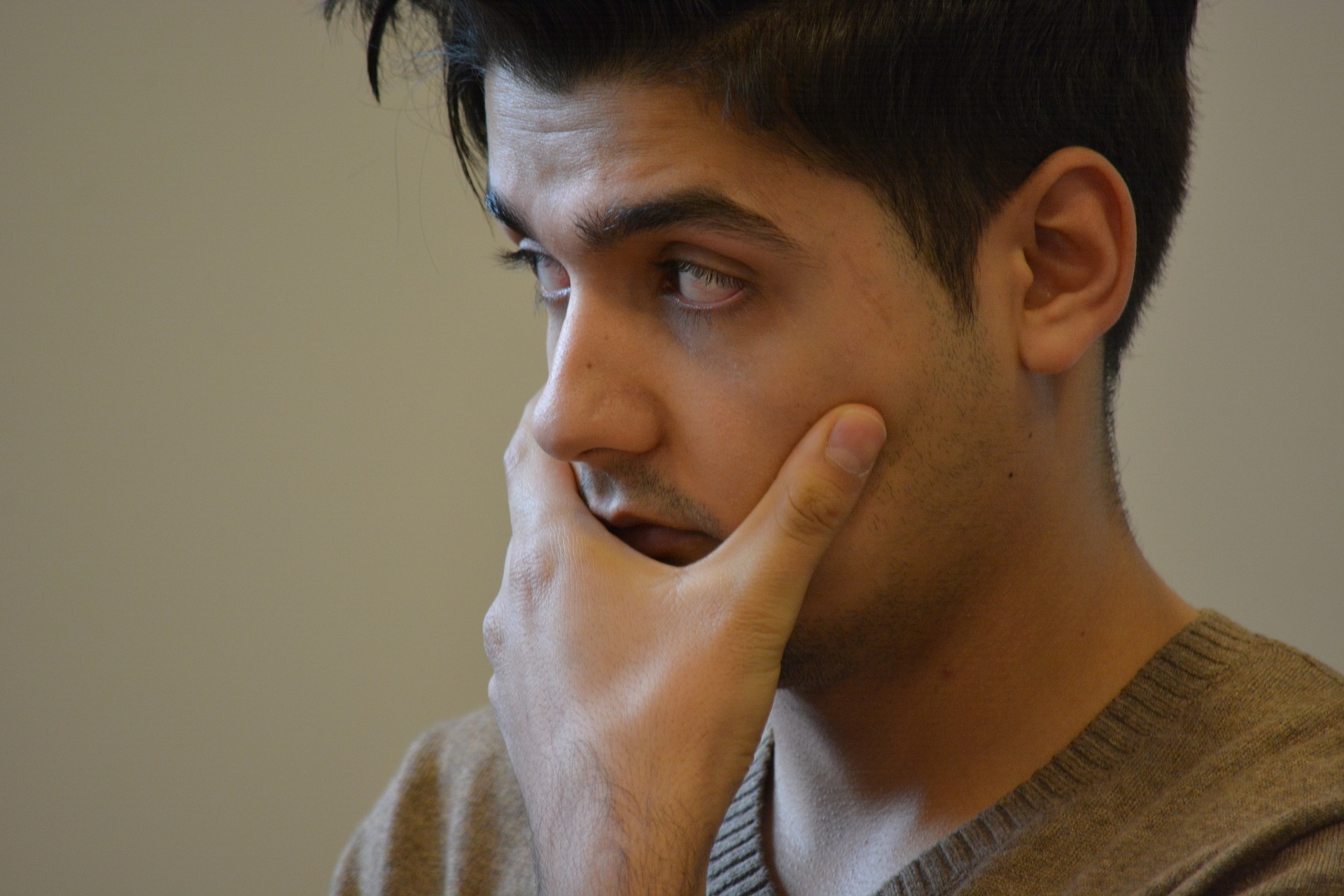When you think of the word "meditation," what comes to mind? Many of us have preconceived notions about what it really means to meditate and what it will ultimately do to our brains. If you picture yourself having to change into a white linen outfit or sit in lotus position for hours in a state of mental bliss, you might be in for a surprise.
Most people spend their days in the state opposite to meditation - the mind is jumping from one thing to the next, dwelling on worries, and not focusing on real awareness. It's the chipmonk mentality that scatters you mind and disconnects you from your surroundings.
Combating this do-it-all mindset is tricky, but meditation can help because it is a form of awareness. It's not so much a "doing" activity but a "being" one. Although no two people meditate exactly the same way, in order to truly meditate, a few things are needed. First of all, a person must have a perfect balance of calmness and alertness in their mind. Here's a great 5-minute exercise to get you started.
Health experts have discovered the numerous health benefits of meditation, but there are still a host of misconceptions about the practice. Read on to discover the myths that are holding you back!
Myth #1: I'm Too Busy and Meditation Takes Too Long
On the surface, meditation can seem like a waste of time because there's so much to do in a day and taking a few minutes might cost you. It may seem counterproductive, but experts encourage people to give their minds a break so they can return with even greater energy.
"When I hear I don't have enough time I'm actually hearing I don't have enough energy," says author Pedram Shojai. "If you can be more efficient and more powerful with the time you're given then you can use time as your ally."

Myth #2: Meditation is Very Difficult
When you imagine spiritual leaders deep in a meditative trance, it can be intimidating. How did they get there? What most people don't know is you don't actually have to DO anything in meditation. It's not a set practice where you have to sit in lotus position, keep your thoughts under control, and lead your mind to a state of spiritual bliss.
The simple act of choosing not to engage with hurried or worried thoughts is meditation, and you can do that from anywhere.

Myth #3: A Single Distracting Thought Destroys My Meditative Practice
Stefan Zweig said: "Nothing on earth puts more pressure on the human mind than nothing." That's the scariest part of meditation, and it's easy to fall into the trap that our meditative practice means nothing if we're not able to filter out distractions.
But reaping the benefits from meditation doesn't mean you empty your mind. Don't get frustrated if you mind wanders. Whatever thought came into your mind came there for a reason. Choose not to engage with it, and you've officially done meditation the right way.

Myth #4: I Can't Meditate Because I'm Not a Religious Person
It's interesting to note that many religions have a form of meditation incorporated as part of their prayer lives. Hindus, Buddhists, and Christians all meditate. However, you don't need to belong to a religion to practice mindfulness. Everyone could use less stress in their lives, and meditation is a great way to achieve that.

Continue to the next page to find out more!
Myth #5: Meditation Can Only Be Done in the Mornings or Evenings
A lot of people choose to meditate first thing in the morning or right before they go to sleep at night because it promotes a good balance of energy and calmness. It's also relaxing to meditate with a beautiful view - such as a sunrise or sunset.
In order to make your meditation effective, you don't need to do it at any particular time. Taking a short break at work and meditating for 5 minutes counts!

Myth #6: It Will Take Years Before I Receive Any of the Benefits from Meditation
False! You don't need to be a monk to reap the numerous benefits to your mind, soul, and body. Studies have shown that just a few weeks of practicing meditation can alter the state of your brain.
A study by Harvard discovered that 8 weeks of meditation can "make measurable changes in brain regions associated with memory, sense of self, empathy, and stress."

Myth #7: Meditation is Irresponsible Because it Promotes Escapism
A lot of people view meditation as a way of pushing away uncomfortable thoughts and avoiding certain scenarios. Rather than forcefully emptying the mind, meditation actually helps people become observers of their own thoughts, which improves emotional intelligence and ability to cope better with everyday life.
The Merriam-Webster dictionary defines escapism as a "habitual diversion of the mind to purely imaginative activity or entertainment as an escape from reality or routine." Meditation does the opposite.

Myth #8: If I Get Really Good at It, Meditation Will Be All I Need
Although the practice of meditation can help cure a multitude of ailments including insomnia, anxiety, and muscle tension, it's not all you need for a healthy lifestyle. Many yogis and spiritual leaders meditate all the time and claim that it is the ultimate remedy. Don't fall into this line of thinking.
Meditation is good for your mental and emotional well-being, which can positively affect your physical health, but you still need a good diet and lots of exercise to maintain a balance.

Would you try meditation now? Let us know in the comments and SHARE this post!

